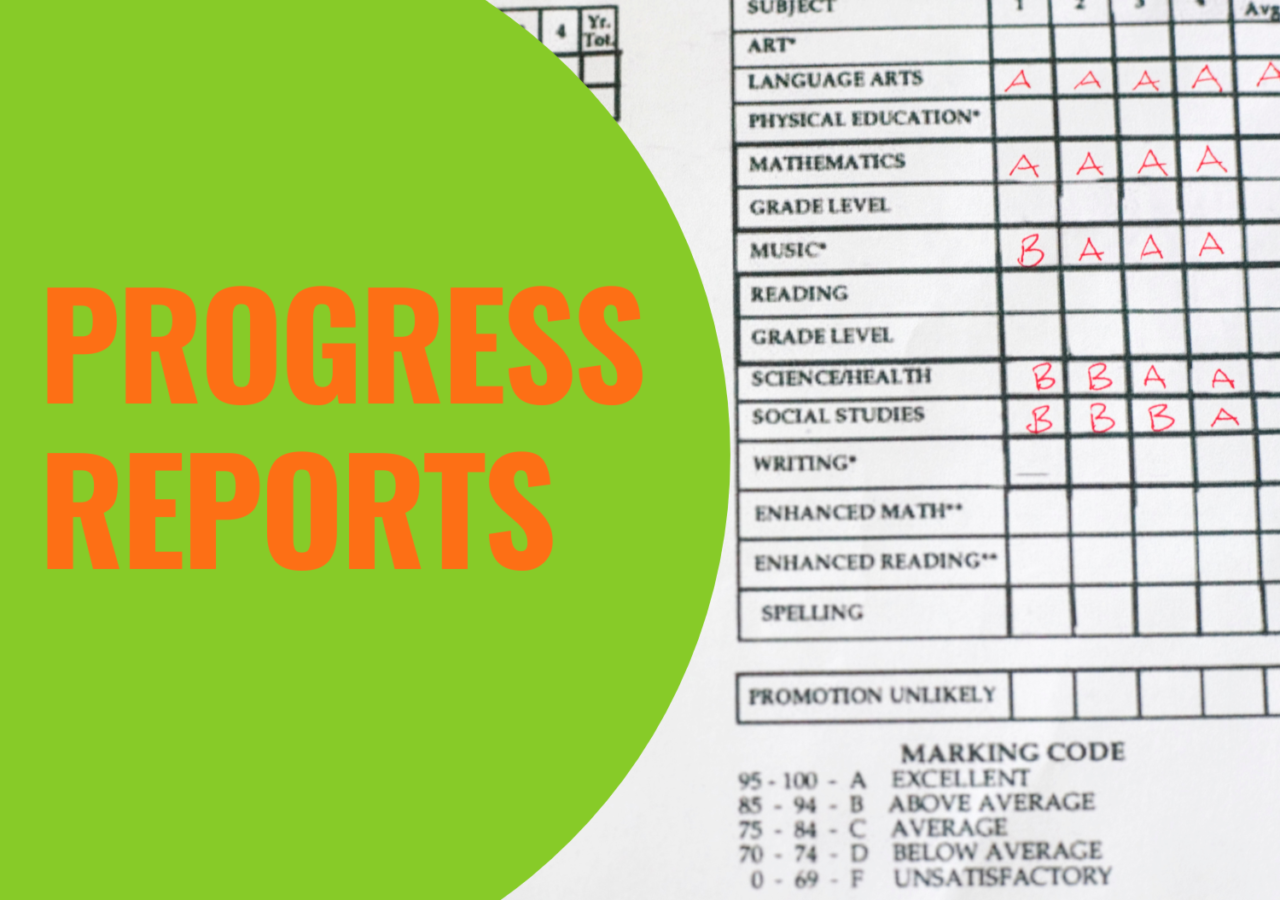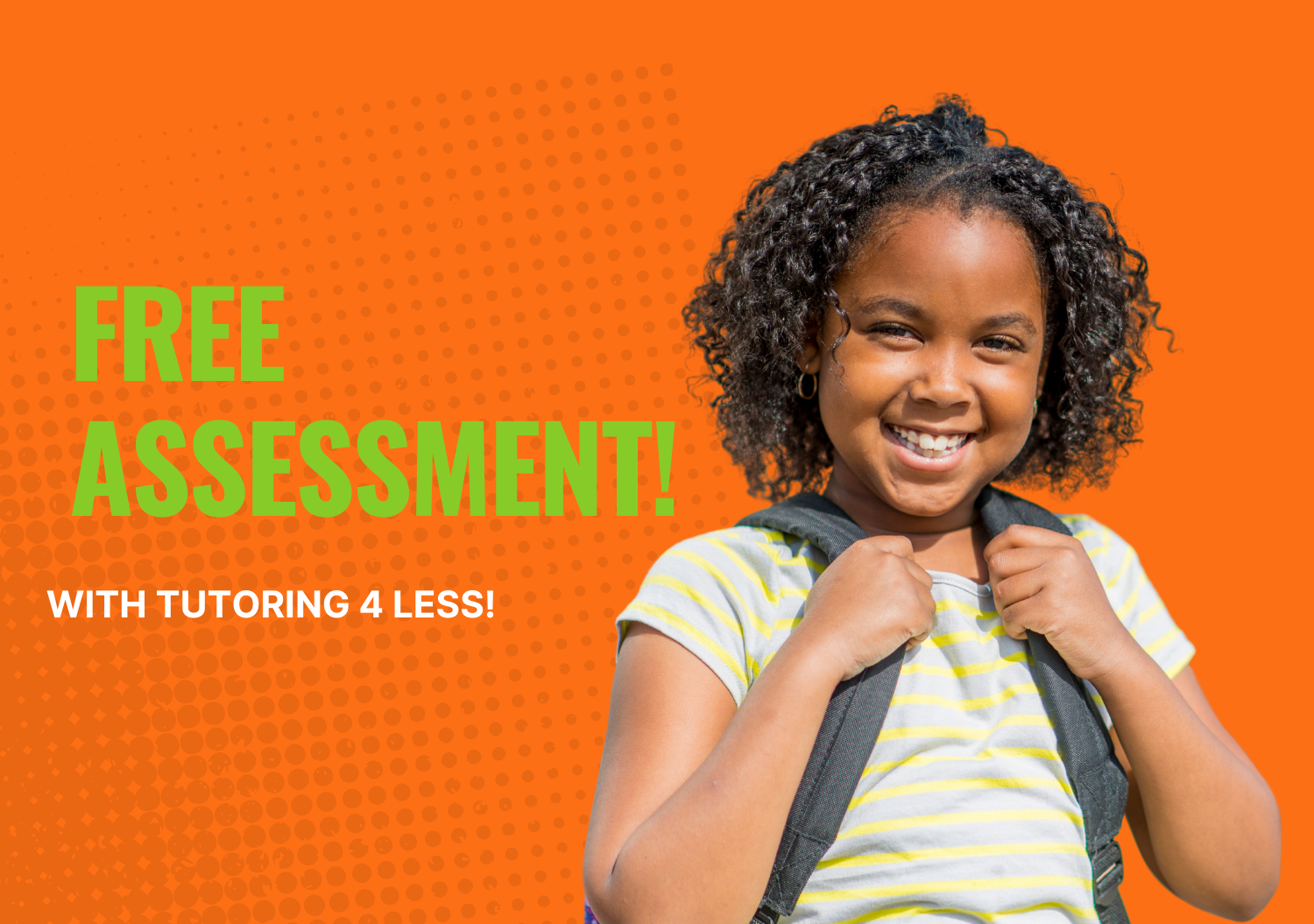
As a parent, you play a crucial role in your child’s education, and understanding student assessments is key to supporting their academic journey. At Tutoring4Less, we believe that being informed about the importance of assessments, their frequency, and how to communicate effectively with educators can empower you to help your child succeed. We provide regular assessment and progress reports to keep you and your student up to date on how their tutoring sessions are going. And, we have learned that regular progress reports can really boost student performance by giving quick feedback, encouraging responsibility, and improving communication between educators and parents. These reports serve as a roadmap for your child’s learning, highlighting areas of strength and identifying opportunities for growth. By staying engaged with these assessments, you can work alongside our tutors to create a supportive and dynamic learning environment for your child’s unique needs.
What Are Student Assessments?
Student assessments are systematic methods used to evaluate your child’s learning, skills, and academic performance. These assessments can take various forms, including quizzes, tests, projects, and standardized tests. The primary purpose of assessments is to measure whether students are meeting learning objectives and to provide valuable feedback for both educators and learners.
Let’s consider an elementary school student named Emily, who is in the third grade. Emily’s tutor, Ms. Lilah, sends out daily progress reports to keep parents informed about how each student is doing. The report indicates that Emily struggled with multiplication, getting a few problems wrong. To better support Emily, the tutor has made several adjustments to her tutoring plan: she incorporated targeted practice sessions specifically for multiplication facts, starting with easier ones (like 2s and 3s) before gradually moving to more challenging numbers. In the following week, Emily had a math quiz specifically covering multiplication facts, including the ones she had previously struggled with. Emily scored significantly higher on this assessment compared to her previous quizzes. She answered 85% of the multiplication questions correctly, a marked improvement from her earlier scores. Additionally, the assessment shows Emily completed the quiz more quickly than before. Her ability to recall multiplication facts improved due to the focused practice and engaging activities we incorporated into her tutoring plan.
The daily progress reports helped everyone see that Emily was struggling with multiplication, so her educators could quickly step in with the right support to boost her performance on the next test.
Why Are Student Assessments and Progress Reports Important?
Assessments and progress reports have long been a key component of effective and personalized instruction. This type of systematic evaluation highlights progress, areas that need additional support, as well as each student’s learning style. Here are just a few of the benefits associated with student assessments:
- Measuring Learning Outcomes: Assessments are critical for determining if your child has grasped the material being taught. They provide insights into your child’s performance, allowing educators to identify areas where they excel or struggle.
- Guiding Instruction: The best classroom assessments also serve as meaningful sources of information for educators, helping them identify what they taught well and what they need to work on. The data gathered from assessments helps educators adjust their instructional strategies to better meet your child’s needs.
- Encouraging Student Engagement: Regular assessments can motivate your child to stay engaged with their studies. Students take pride in their progress; as they experience success and track actual progress, their positive mindsets strengthen. Rather than getting stuck with a view of themselves as a “poor reader,” a student will realize that with effort and support they could and would catch up. Student-engaged assessment helps students see the connection between effort and achievement.
- Identifying Learning Gaps: Assessments help in pinpointing learning gaps that may hinder your child’s academic progress. By identifying these gaps early on, educators can implement targeted interventions to support struggling learners.
- Fostering Accountability: Assessments hold students accountable for their learning. When your child understands that their performance will be evaluated, they are more likely to take ownership of their education.

How Often Are Assessments Conducted At Your Los Angeles Tutoring Center?
The frequency of assessments can significantly impact your child’s learning and performance. Research has shown that more frequent testing can lead to better retention of information and improved academic outcomes.
- Frequent Low-Stakes Assessments: Many educators implement regular low-stakes quizzes or formative assessments that allow students to gauge their understanding continuously without the pressure of high-stakes testing. This approach has been linked to increased engagement and reduced test anxiety among students.
- Balancing Assessment Types: While frequent assessments are beneficial, it’s important for educators to balance them with larger high-stakes tests. This balance ensures that students are adequately prepared for significant evaluations while also receiving ongoing feedback throughout the learning process.
- Tailoring Assessment Frequency: The frequency of assessments should be tailored to the subject matter and the needs of the students. For example, subjects that require cumulative knowledge may benefit from more frequent testing compared to those with less interconnected content.
How To Receive and Interpret Tutoring Progress Reports
Regular communication between educators and parents about assessment results is a must for fostering a supportive learning environment at home. Here are some best practices for staying informed:
- Timely Communication: Make sure you receive assessment results as soon as possible after evaluations are completed. This timely communication allows you to understand your child’s progress and address any concerns promptly.
- Clear Explanations: When discussing assessment results with educators, ask for clear explanations in accessible language that you can easily understand. Avoid educational jargon and seek context for what the results mean regarding your child’s learning.
- Highlighting Strengths and Areas for Improvement: When reviewing results, focus on both strengths and areas where improvement is needed. This balanced approach helps you see the whole picture and encourages constructive discussions about how to support your child’s learning at home.
- Setting Up Regular Check-Ins: Establish regular check-ins with educators through emails, phone calls, or conferences to discuss assessment results and overall progress. At Tutoring4Less, we set up regular conferences with parents to discuss their child’s assessment and progress.
- Providing Resources at Home: Many parents ask us for resources or suggestions for activities that they can do at home to reinforce concepts learned in class based on assessment outcomes. We are happy to collaborate with parents to help our students reinforce what they learn at Tutoring4Less with additional support at home.
- Creating a Supportive Environment: Foster an open dialogue with your child and their tutor, where you feel comfortable asking questions about assessments and sharing insights from your own observations.
At Tutoring4Less, we prioritize keeping you in the loop about your child’s progress. Our tutors provide detailed reports after each session, offering valuable insights into your child’s learning journey. These reports highlight both strengths and areas for improvement, ensuring you’re always up-to-date on your child’s academic development.
To support your child’s growth, we may suggest additional resources for mastering challenging concepts or enrichment materials to expand their knowledge. Our approach is rooted in the belief that learning is most effective when students grasp not just the ‘what’ but also the ‘why’ and ‘how’ of their studies, connecting classroom concepts to the wider world.
By maintaining open communication and providing regular updates, we hope to create a collaborative learning environment that empowers your child to reach their full potential.
Together, we can ensure that every child receives the support they need to thrive in their educational journey! Your involvement makes a difference—let’s work together to help your child reach their full potential!

